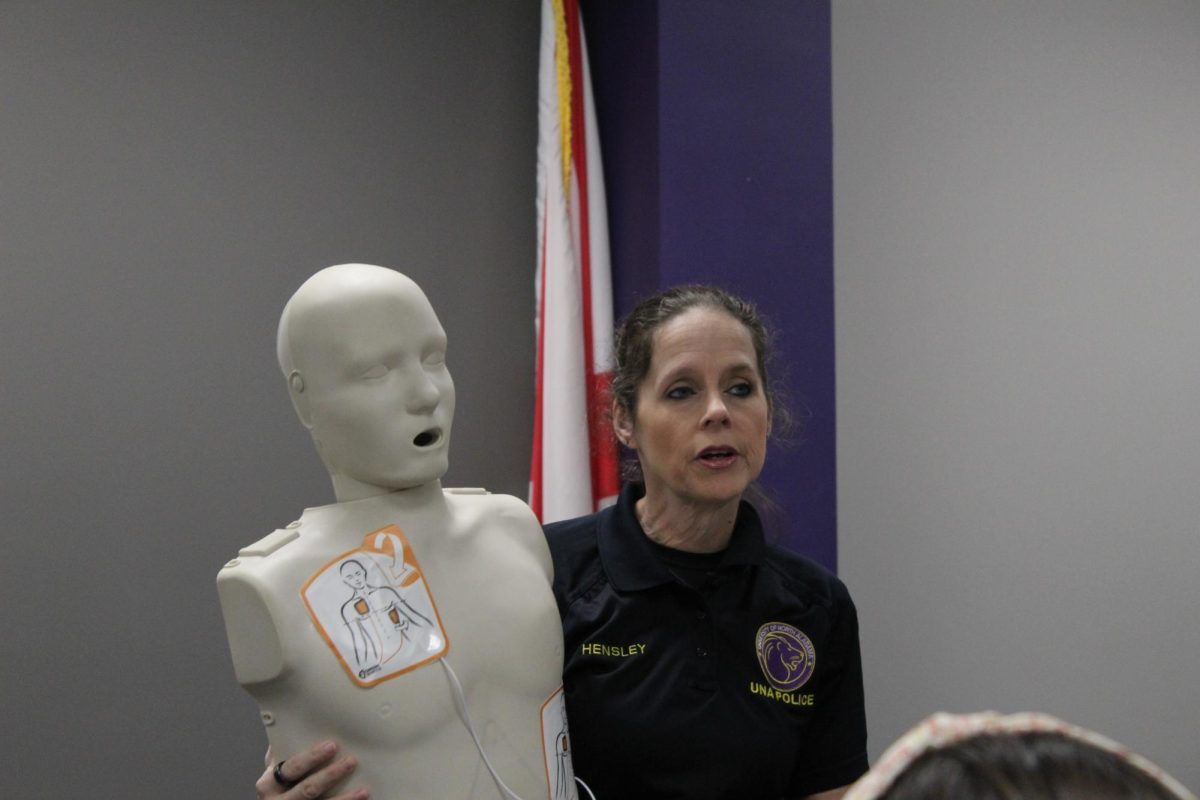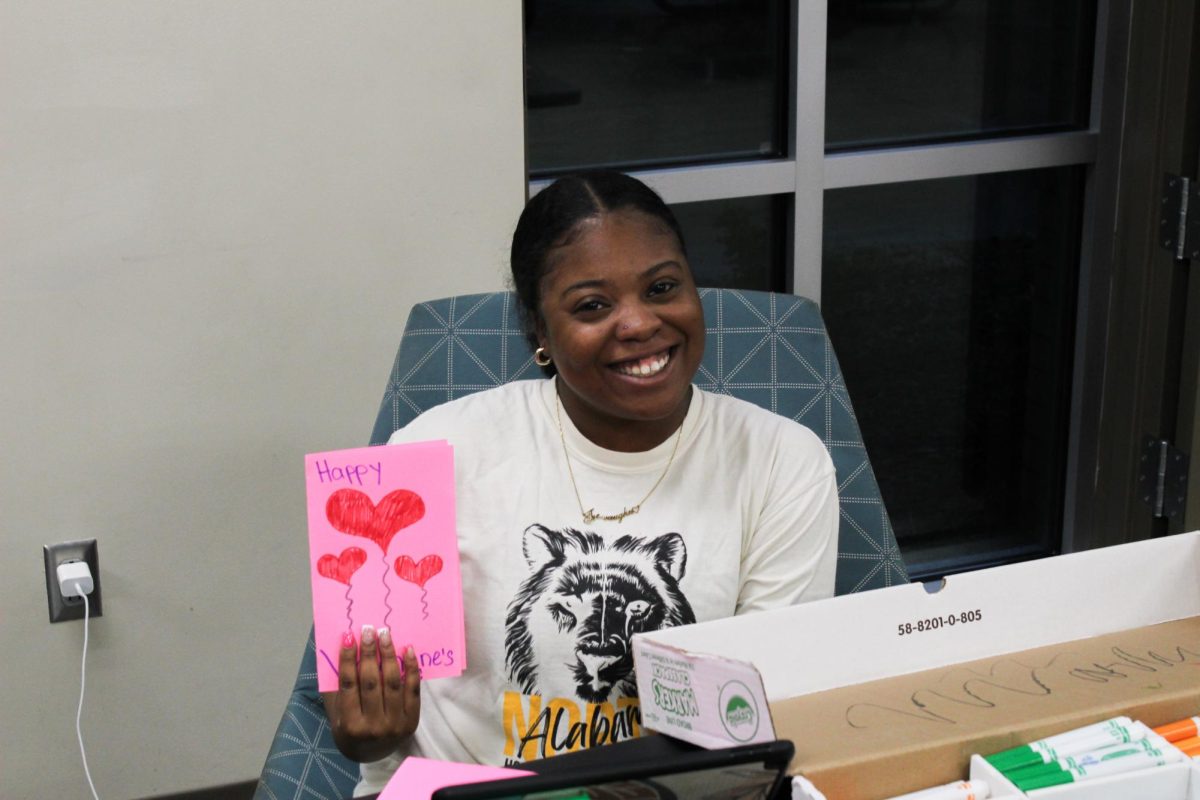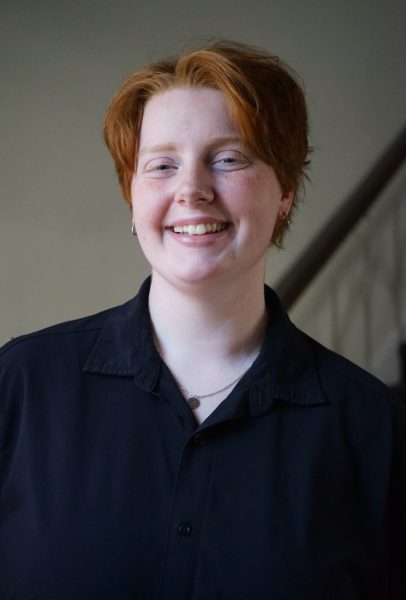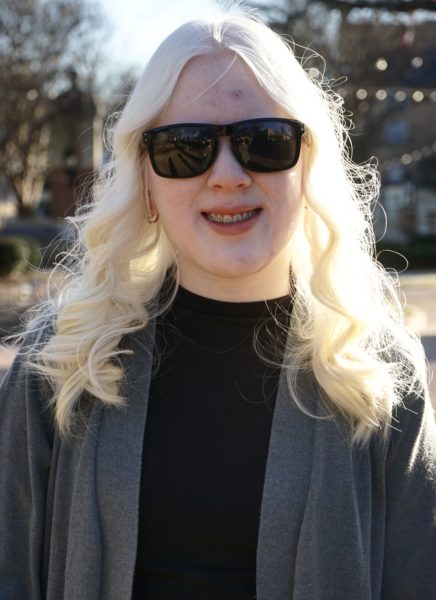University of North Alabama students are able to learn languages that are not otherwise offered at the university through language partners, who are international students who speak the languages other students wish to learn.
Within UNA’s Foreign Language Department, there are full-time faculty who teach Spanish, French and German, and students can complete a major or minor in these languages. There are also adjunct instructors who teach Korean and American Sign Language, and these instructors also have academic credentials that allow them to teach these subjects.
Despite the variety of languages offered at UNA, there are other languages, some of which are identified as “critical languages” by the United States government, that students are not typically able to take classes in through the university. To remedy this problem, both at UNA and at other universities nationwide, the National Association of Self-Instructional Language Programs works with universities and their students to offer less commonly-taught languages.
“The NASILP Program allows us to offer these languages to students if we have a native speaker of that language that can act as a language partner,” said Dr. Scott Infanger, the chair of the Department of Foreign Languages. “They’re not teachers because of accreditation. You have to have a minimum of 18 graduate hours in the subject that you want to teach, so these undergraduate students cannot, based on the accreditation guidelines, teach these classes. For the NASILP program, the key is that these students are learning the language with their textbook, and I am the overseer of that.”
Language partners are hired as student workers for the university, so they earn money for their classes, though not as much as a typical professor would. Students in the classes are required to read from their textbook to learn the vocabulary and rules on their own time, and the language partners are there during class to practice language execution with their students.
Because the language partners are not qualified to assess students, their students’ primary grade throughout the semester is a proficiency exam that takes place at the end of the semester, which is used to establish whether a student has reached the appropriate level of content mastery. Proficiency exams are usually given in the form of conversations, and they are orchestrated by qualified examiners through NASILP.
Any student who is a native speaker of a language that is not offered at the university can work as a language partner, as long as they are willing to do the work that comes with running a class. In previous semesters, languages such as Portuguese, Italian, Turkish and Chinese have been offered at UNA through the NASILP program. Language partners are currently offering Russian, Japanese and Arabic classes to students, with three students in each class.
One current language partner is Akane Kume, who is a native Japanese speaker and conducts the Japanese class. Kume had previous experience teaching students in English, so she took her knowledge and transferred that into her class. This semester is her first time being a language partner, and she has begun to experience the difficulties of aiding others in learning new languages.
“The class is one and a half hours, so I try to get them to have the motivation to learn Japanese,” said Kume. “The thing is, it’s easy to lose interest in learning different languages. Also, the pronunciation and grammar are so different from English, so the conversation is the difficult part for them, and for me, too.”
Kume has her class structured in a way that introduces grammar and pronunciation at the beginning, and as students go on, they learn more vocabulary. She also aims to include video components into her class to educate students about Japanese culture and keep students interested. Throughout it all, Kume aims to have conversations in Japanese with her students to keep them engaged, which is her favorite part of the class.
“I want to communicate with them, and at the same time, I can make sure that they are understanding and they are able to memorize what they are learning,” Kume said.
Kume emphasizes communication as a key part of both her teaching and students’ learning, as she believes this is one of the most important parts of everyday life.
The classes offered by language partners at UNA help to increase communication between groups of people, and they provide a fun way to learn more about other cultures. For more information, students are encouraged to reach out to the Department of Foreign Languages.










